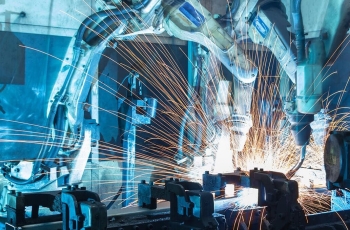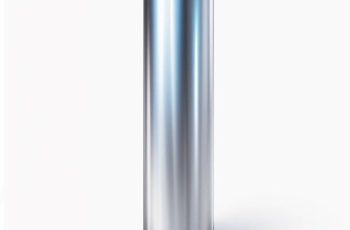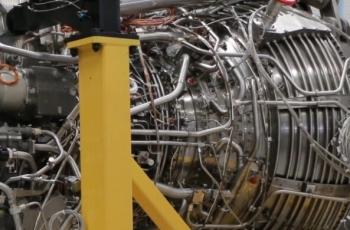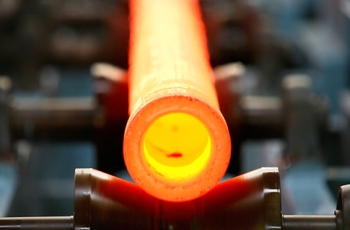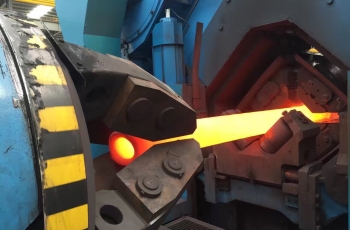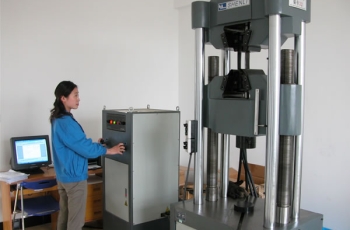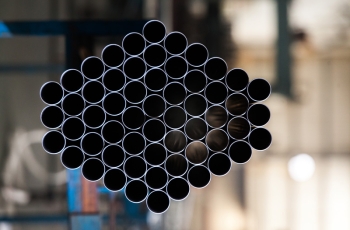Why are aerospace materials and cell phones flocking to titanium alloys?
In 1948, the U.S. DuPont used the magnesium reduction method to mass produce titanium sponge – this marks the beginning of the industrialized production of titanium sponge that is Titanium and titanium alloy are also widely used in various fields due to their high specific strength, good corrosion resistance, and heat resistance. Titanium alloy has been used in the aviation industry for more than half a century; in recent years, in the field of 3C, Huawei, Apple, Xiaomi, Glory, and other cell phones have been imported into the titanium shell, more and more 3C manufacturers are expected to use titanium alloy. So why is titanium alloy so widely favored? Properties of Titanium High specific strength: 1.3 times that of aluminum alloy, 1.6 times that of magnesium alloy, 3.5 times that of stainless steel, the champion among metal materials. High thermal strength: the use temperature is several hundred degrees higher than that of aluminum alloy, and it can work for a long time under the temperature of 450-500℃. Good corrosion resistance: acid, alkali, and atmospheric corrosion resistance, extreme resistance to pitting, and stress corrosion. Good low-temperature performance: titanium alloy Ti-5Al-2.5Sn with deficient interstitial elements can maintain a certain degree of plasticity at -253℃. High chemical activity: high chemical activity at high temperatures, efficiently reacting chemically with hydrogen, oxygen, and other gaseous impurities in the air to generate a hardened layer. Small thermal conductivity: the thermal conductivity is about 1/4 of nickel, 1/5 of iron, and 1/14 of aluminum. Classification and use of titanium alloys Titanium alloys can be categorized into heat-resistant alloys, high-strength alloys, corrosion-resistant alloys (titanium-molybdenum, titanium-palladium alloys, etc.), low-temperature alloys, and alloys with special functions (titanium-iron hydrogen storage materials, titanium-nickel memory alloys). Although Titanium and its alloys have been used briefly, they have been awarded several honorable titles for…
More
